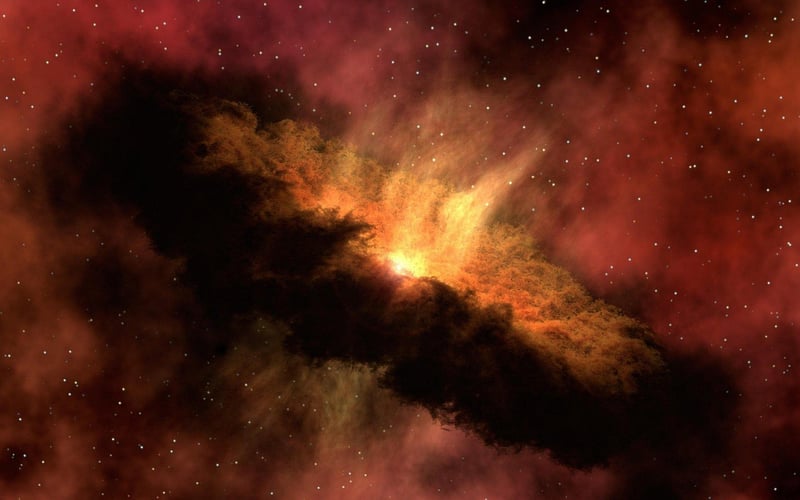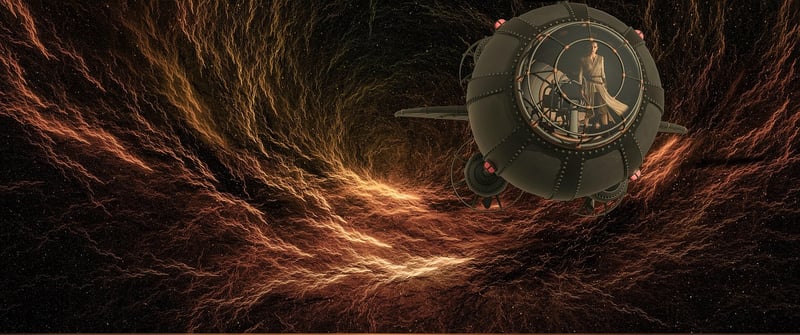Wormholes
The Science Behind Time Travel and Wormholes
Time travel has long been a fascinating concept in science fiction, but is it possible in reality? Let's delve into the scientific theories behind time travel and explore the intriguing concept of wormholes.
Time Travel
According to Einstein's theory of relativity, time is not a fixed constant, but rather a dimension that can be manipulated by gravity and speed. Time dilation, a phenomenon predicted by this theory, suggests that time can be experienced differently for objects in motion at different speeds.
One popular idea for time travel involves traveling near the speed of light. As an object approaches the speed of light, time slows down for it relative to a stationary observer. This concept forms the basis for many time travel theories in physics.
Wormholes
Wormholes, also known as Einstein-Rosen bridges, are theoretical passages through spacetime that could create shortcuts for long journeys across the universe. These hypothetical tunnels could connect two distant points in space and potentially allow for instantaneous travel between them.
While wormholes are mathematically possible according to the equations of general relativity, their stability and practicality remain major hurdles. The energy required to keep a wormhole open and prevent it from collapsing is immense and would likely involve exotic matter with negative energy.
Conclusion
Time travel and wormholes are captivating concepts that push the boundaries of our understanding of the universe. While these ideas remain firmly in the realm of theoretical physics, ongoing research continues to explore the possibilities and limitations of such phenomena.

As we unravel the mysteries of spacetime and delve deeper into the complexities of the cosmos, the prospect of time travel and traversing wormholes may one day move from science fiction to scientific reality.
For more information on time travel and wormholes, you can check out NASA's website for the latest updates and research in astrophysics.
